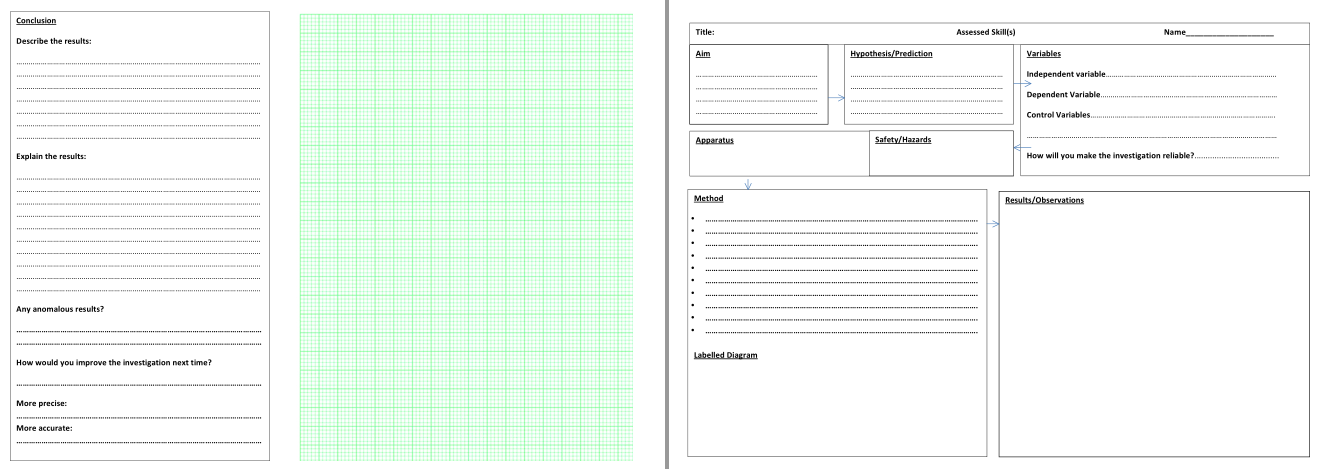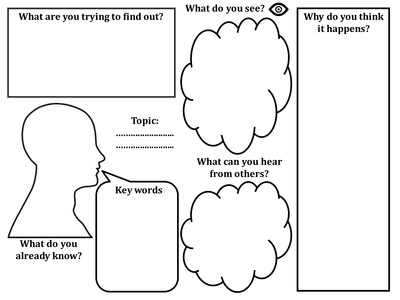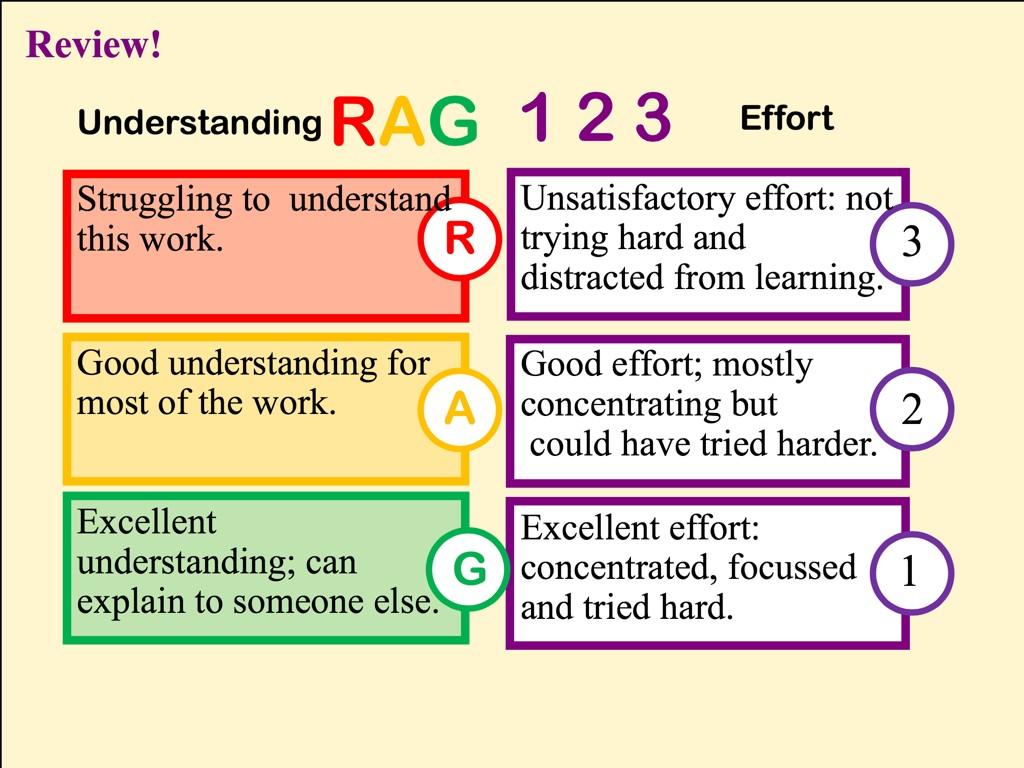After four years teaching at a school in West London (and
taking a year out to travel the world...) I started teaching at a new school in East Yorkshire last week. I met nine new classes and began to establish routines with all of
them. As an NQT (after discussing the difficulties I was having with a
particularly charming year 11 class) I remember my Head of Department telling me
just to be positive with them. At the time I was so overwhelmed with everything
else that I was trying to focus on that I didn't pay his words the attention
they deserved. I'm not claiming to be an expert in behaviour management and the
things I'm suggesting below might not work with every class but generally I've
noticed that students respond positively to positive praise so perhaps it's
worth making this even more explicit in our lessons.
Below are a few techniques that I've tried and found to be
useful - now I just need to remember to keep doing them as much as possible, in
as many lessons as possible!
During lessons
Say thank you as often as possible, as with as much
sincerity as possible - even for the smallest acts of learning or good
behaviour. I lose count of how many times I say it now, and try and turn
requests around to focus on the positives (for example, "thank you to everyone
who already has their books out", which signals that other students should
also be doing this).
Praise groups of students -" I can see everyone on this
table/on this side/in this group is ready/is already working hard, thank you".
Keep going until you've got every table or group working well (it's interesting
to watch other groups that haven't started working register the praise that
other tables are getting and then follow their lead!)
Praise effort - "I can see some great work happening in
this pair, it looks like <name> is working really well today".
Read out parts of student work (perhaps anonymously!) - "I
can see some amazing work here, people are using phrases like..."
Speak to individuals and circulate throughout the lesson as
much as possible, praising individuals specifically for particular aspects of
their work or achievements they have made.
Take the time to acknowledge the positives at the end of the
lesson (or week or half term) - I've asked a class to discuss what they thought they had
achieved then added my own as well. I think that this is particularly important
if a challenging class have made improvements in their behaviour and learning.
Send positive emails to tutors - as a form
tutor I always loved receiving emails about the achievements of my form group,
and it's always nice to have good news in your inbox rather than the usual
emails making requests or complaints... Form tutors have regular, often daily,
contact with students and can have a real influence on their behaviour. If you
make initial contact with a form tutor to report concerns and seek support for
a student then I would always try and follow this up later with a positive email if
the student has improved. A similar approach could be taken with contacting
parents.
Conversations with
students about behaviour
When challenging behaviour always bring it back to the negative impact on learning so that students recognise the importance of appropriate behaviour for learning
Be consistent - if you would challenge one student for
talking, then challenge every student in the class. You may find that your
expectations differ slightly between classes (particularly if students are
setted - as a slight aside I would suggest that setting works at the top end
but that perhaps mixed ability would work better for other classes, unfortunately
I haven't had the opportunity to trial this thought yet so it remains only as a
feeling rather than anything proven!)
Follow the school sanction system. At my previous school we
used C1-4 and my new school uses S1-4, either works really well - S1 and S2 are
warnings, S3 is a third warning and a 15 minute detention with the class teacher and S4 leads to the
student being displaced to another class and an hour department or whole school
detention (it's a good idea to have a timetable for this so that teachers know
where to send students, generally to more experienced staff members and sixth
form classes if possible) When writing S1-4 on the board I use a code to indicate what each warning was awarded for (e.g. T for talking, W for not working, I for not following instructions, etc) so that the warnings can be discussed with the student at the end of the lesson.
Perfect your version of "The Look"... And use eye
contact as much as possible - when addressing the whole class, making eye
contact with a student and giving a slight shake of the head to indicate they
should not continue that behaviour can sometimes prevent a behaviour from
escalating.
When challenging behaviour in lessons sometimes it can be
useful to try and speak quietly away from other students (maybe even subtly
asking a student to step outside for a moment with you if appropriate). A
technique I've used with students that react badly to being challenged publicly
is to discuss with them how you will put a dot on their page if their behaviour
isn't helping them to learn. This can be extended to writing an S1 (or whatever
your school behaviour policy uses as a warning system) on their page rather
than putting it up on the board if you think this is a worthwhile strategy to
accommodate a student.
At the end of the lesson if I felt that a student didn't
behave appropriately I would keep them for a moment and ask: Were you the best
version of yourself today? If not, why not? (this may lead students to discuss
specific behaviours, if so then question further - what were the reasons behind
them choosing to talk after the countdown, etc as this can often uncover hidden
issues - I've also seen it suggested that you could get students to write you a
note starting "I wish my teacher knew..." to help you get to know a
class context better) Finally I would discuss: What do we need to do to move on
next lesson? And always try and finish with explaining "I believe you can
be even better".
With extra tricky
classes...
I wouldn't recommend going to this extent with all of your
classes due to time constraints but I've definitely found them to be helpful
when applied selectively!
Using stamps or stickers (even with older students...) You
can give students their own sheet of scrap paper and then award a stamp or
sticker for any positive behaviours (asking questions, discussing the work,
completing a task, etc). I used to use marker pen dots but these are more
easily forged by students than a specific stamp... At the end of the lesson get
students to add up how many stamps they got to identify a winner.
Similarly you can have a list of student names and award
points throughout the lesson and keep a tally. At the end of the week or half
term you could total the points and possibly award a small prize for the winner
if you think this might help with motivation. I'm definitely not above a little
bit of chocolate based bribery (usually Freddo sized) with certain classes if
leads to a significant improvement in learning environment.
If you don't want to keep a tally at the end of the lesson
you could give each student a red/amber/green rating for their behaviour and
record this in a spreadsheet. Red could equal 1 point, amber 2 points and green
3 points with the points being added up over several lessons.
Print a class set of praise slips (just a couple of generic
sentences) and explain that the best students will get one at the end to show
their form tutor or parents. These can be stapled or stuck into planners.
Extra reading...
It's also sometimes worth speaking to the pastoral team at
your school as well - they regularly work with some of our most challenging
students and may have techniques that you could try ('learn to love the ones
you love to hate' is something that a fantastic year leader used to remind me
at my previous school!)






